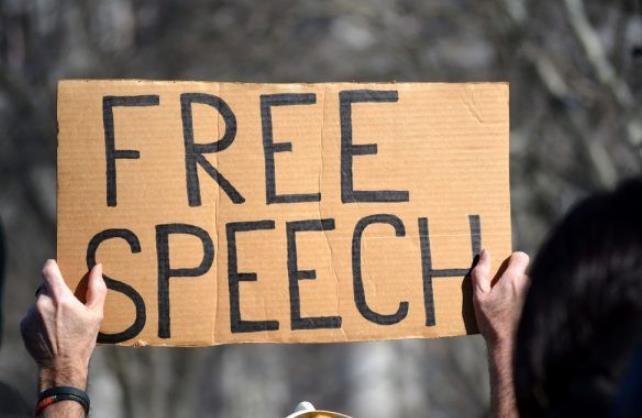Arif Ahmed, a former philosophy professor at Cambridge University, has been appointed as the first director for free speech and academic freedom by the Office for Students (OfS), England’s higher education regulator. He will be responsible for ensuring that universities uphold their legal duty to promote free speech and protect academic freedom on campus.
Ahmed, who has been a vocal advocate for free speech and has given free speech lessons to Cambridge students, said he was honoured to take up the role and pledged to be politically neutral in his efforts. He said he would not engage in “culture wars” or favour any particular political point of view, but rather focus on creating a space for open and vigorous debate within the law.
He also said he would establish a complaints procedure by August next year, allowing individuals to report any violations of their rights to free expression by universities or student unions. The OfS will have the power to impose sanctions on institutions that fail to comply, including possible fines.

The need for a free speech champion
The appointment of Ahmed comes amid growing concerns about the rise of “cancel culture” and “no-platforming” in universities, where speakers, academics and students have been silenced or censored for expressing views that are deemed controversial or offensive by some groups.
According to a recent survey by Policy Exchange, 32% of academics said they had refrained from expressing their views on certain issues for fear of negative consequences, such as losing research funding, being disciplined or harassed. The survey also found that 44% of academics supported no-platforming speakers who have views that are considered hateful or harmful.
Some of the high-profile cases of “cancellation” in universities include:
- The dismissal of David Miller, a sociology professor at Bristol University, who was accused of antisemitism and Islamophobia for his comments on Zionism and British Muslims.
- The resignation of Selina Todd, a history professor at Oxford University, who was removed from a feminist conference for her views on transgender issues.
- The withdrawal of an invitation to Amber Rudd, a former home secretary, who was due to speak at Oxford University’s UN Women society, but was cancelled at the last minute over her involvement in the Windrush scandal.
The reaction from the academic community
Ahmed’s appointment has been welcomed by some academics and commentators who have praised his credentials and his commitment to free speech. Celia Walden, a columnist for the Telegraph, wrote that Ahmed’s role was “long overdue” and that he could “restore some sanity” to England’s universities. She also said that Ahmed’s vow not to take sides in the “culture wars” was the best thing about his new post.
However, some critics have questioned the need for a free speech tsar and have argued that the government is interfering with academic autonomy and creating a “chilling effect” on dissenting voices. Jo Grady, the general secretary of the University and College Union (UCU), said that the government’s agenda was “a solution looking for a problem” and that there was no evidence of a systemic threat to free speech in universities. She also said that Ahmed’s role could undermine the existing mechanisms for resolving disputes and protecting academic freedom.
